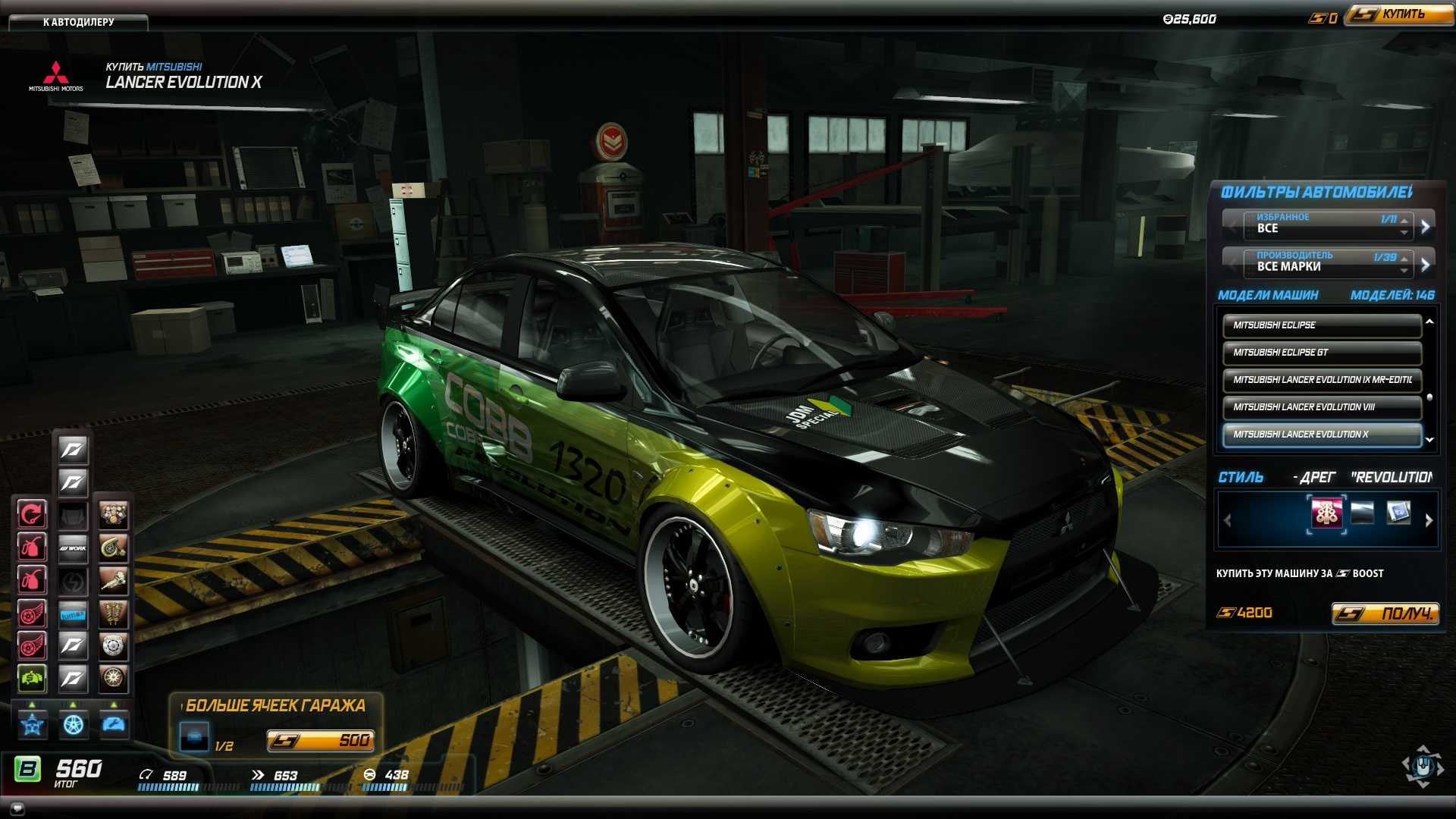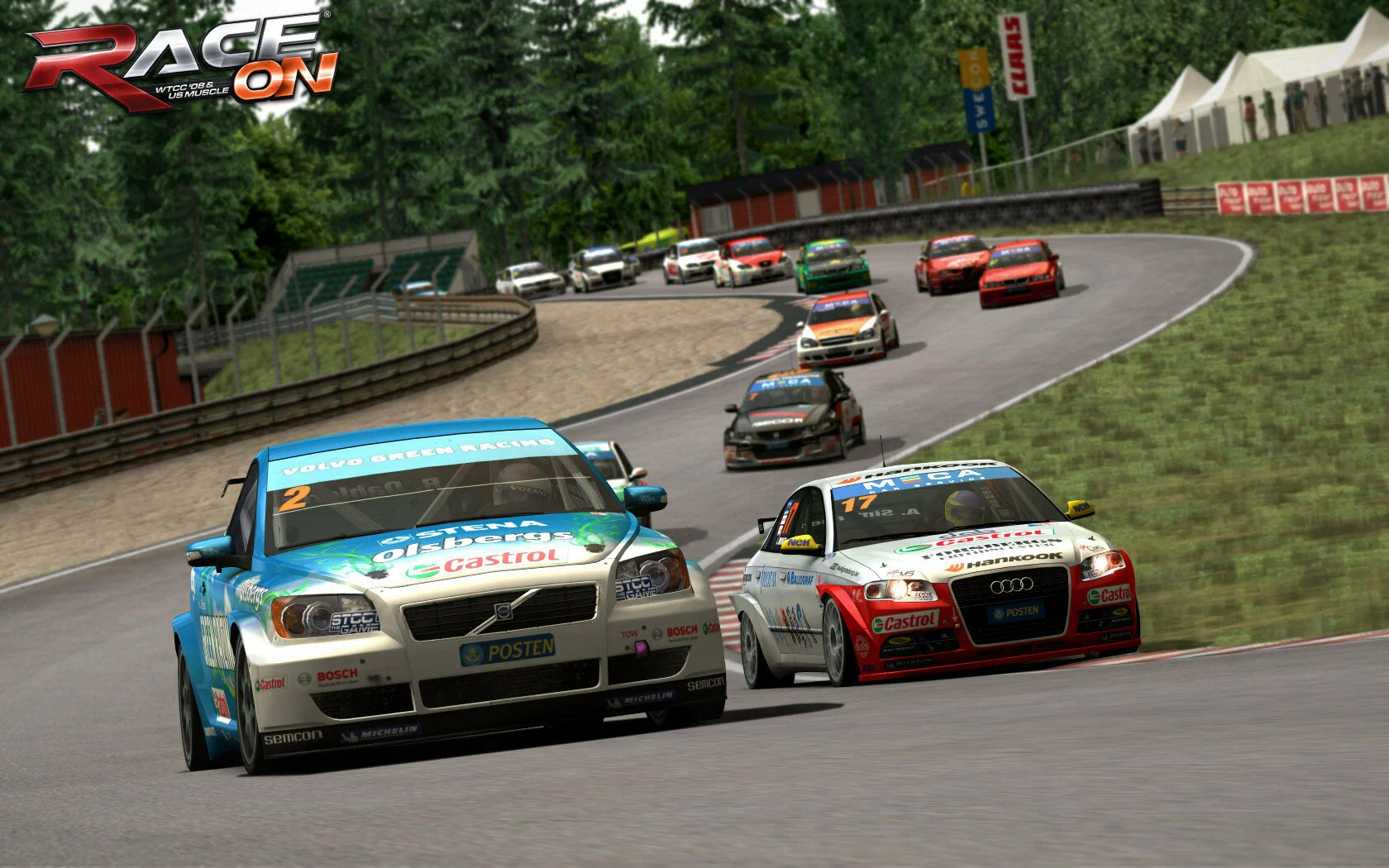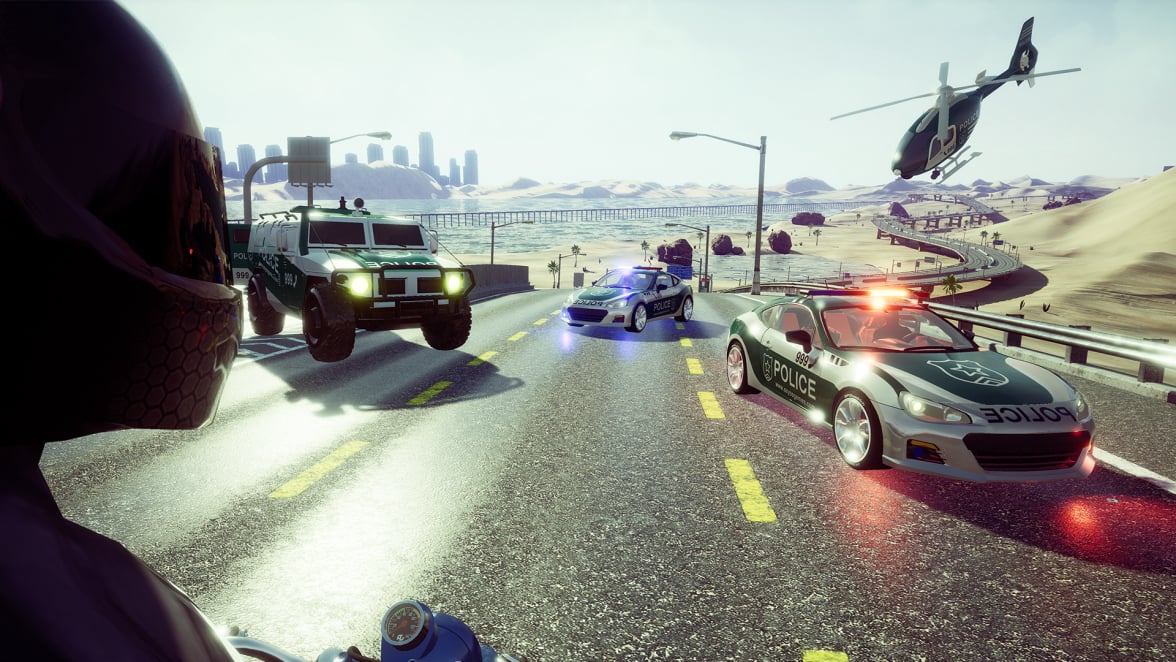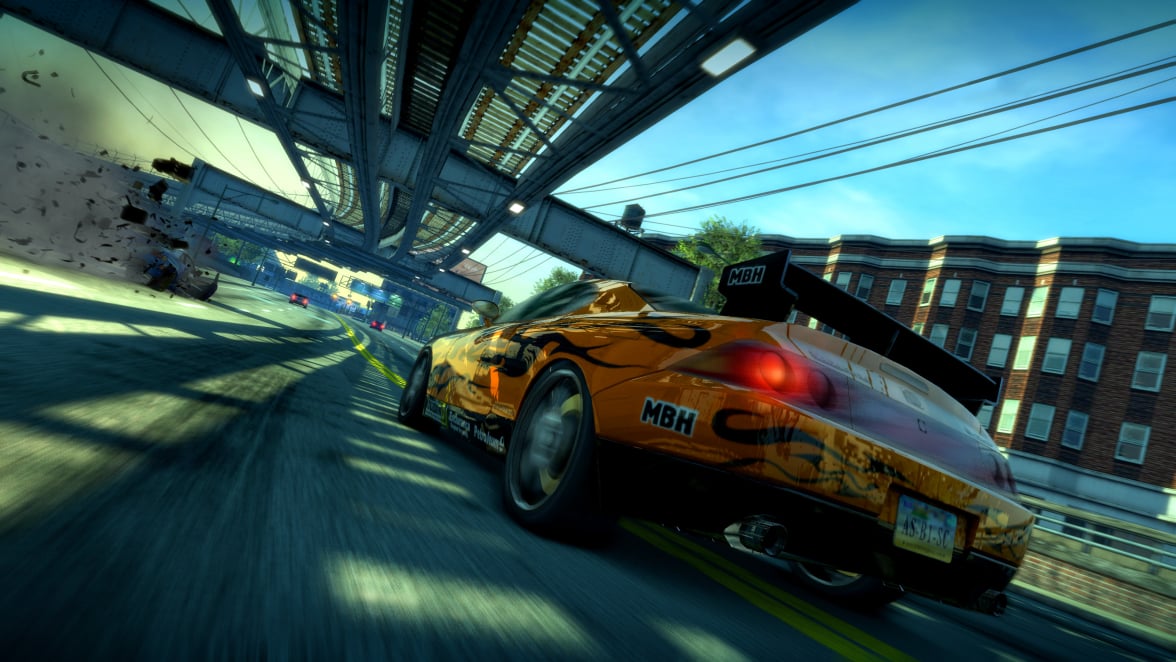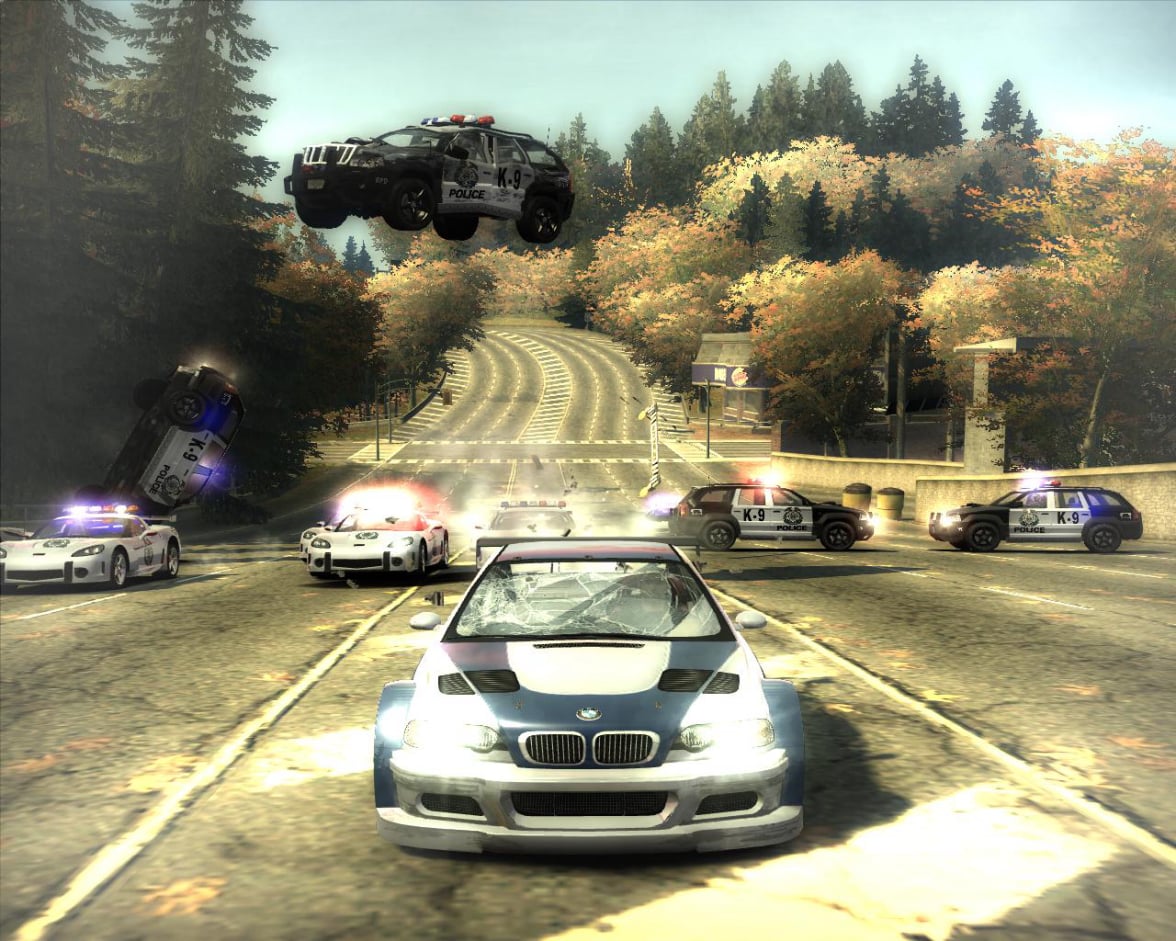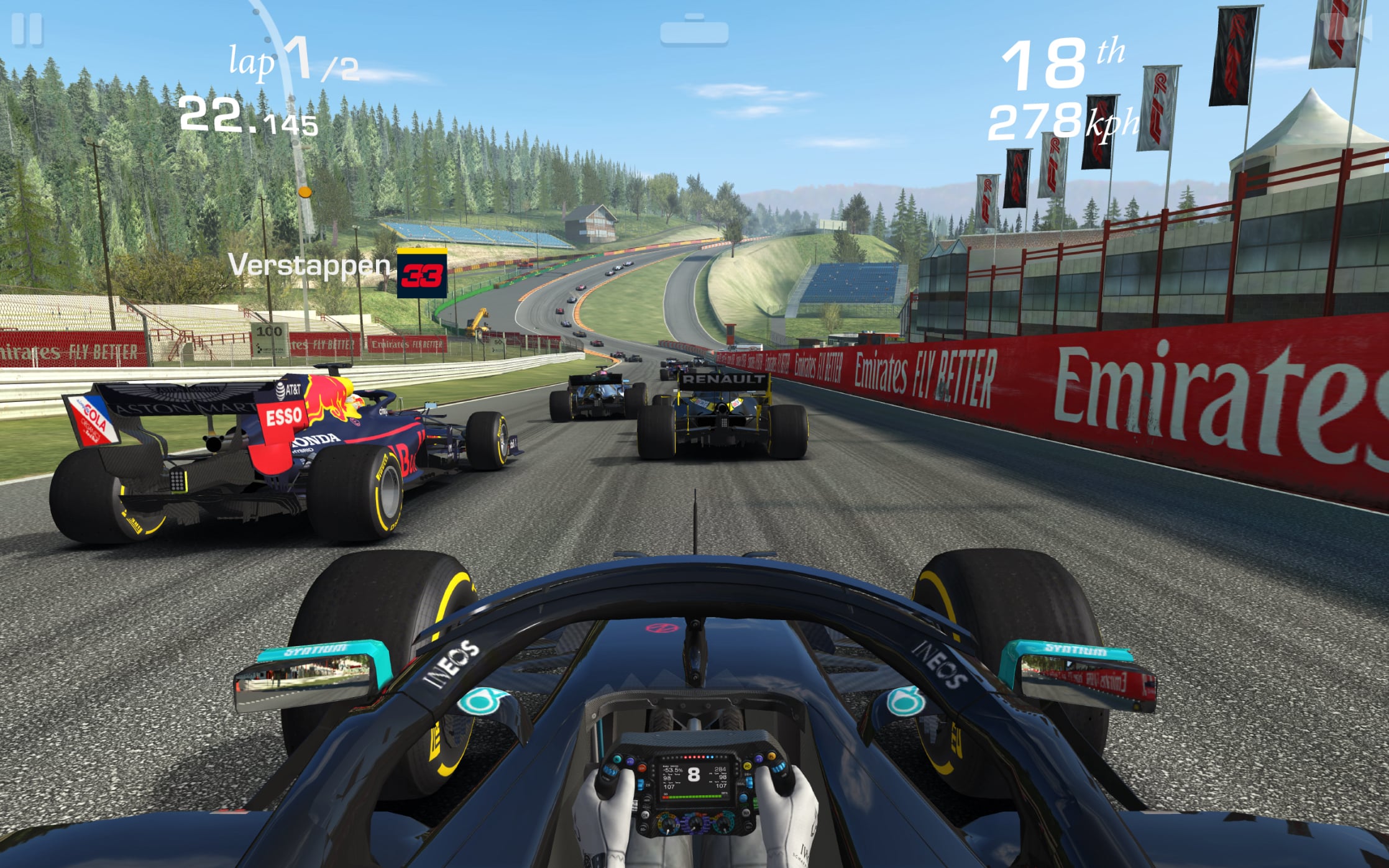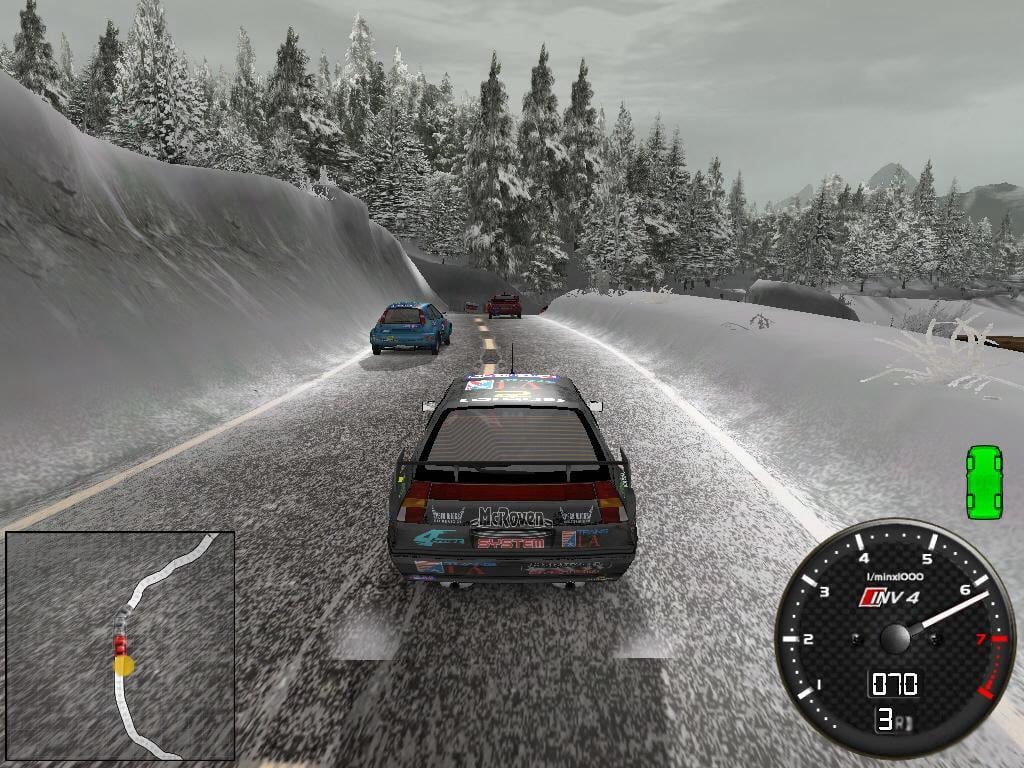About Us
MacBook Arion was born from a shared obsession with high-octane PC racing games. Our founders, lifelong fans of the genre, grew frustrated with the lack of independent, in-depth coverage in the gaming media. Most platforms prioritized flashy headlines over technical analysis or catered to sponsors rather than readers. We decided to change that by creating a space where true racing enthusiasts could find reliable, unfiltered information.
From the very beginning, our mission has been clear: to deliver the most accurate, detailed, and unbiased content about PC racing simulations, arcade racers, and everything in between. We dive deep into physics engines, hardware compatibility, modding communities, and competitive esports scenes, offering insights that casual reviewers often overlook. Our readers trust us because we never compromise our integrity for profit.
Over the years, MacBook Arion has grown into a respected voice in the racing game community. Our team consists of seasoned gamers, hardware experts, and former competitive racers who bring real-world knowledge to every article. We don’t just play games—we dissect them, challenge them, and celebrate them. This is more than a blog; it’s a hub for those who demand excellence in virtual motorsport.
